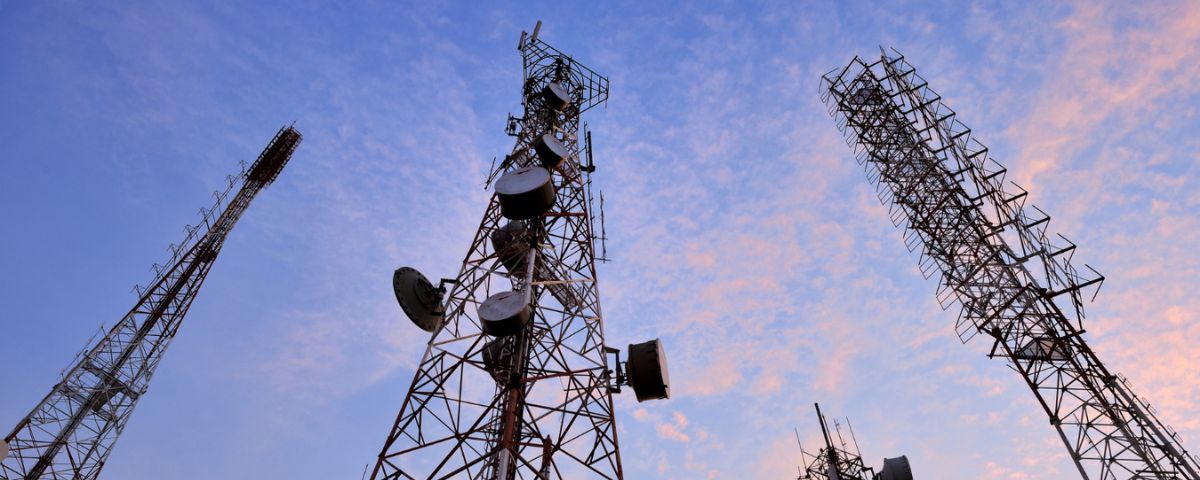
The Department of Telecommunications (DoT) announced on Tuesday the elimination of wireless operating licenses (WOL) required for establishing and maintaining telecommunications networks. This move aims to streamline the regulatory framework, expedite network deployment, and boost mobile broadband accessibility across the nation. According to a notification issued by the DoT on March 11, the necessity for obtaining a WOL for unified licenses, national long distance (NLD), international long distance (ILD), VSAT, GMPCS, machine to machine services, etc., has been rescinded with immediate effect. However, entities intending to operate transmitting stations without existing licenses under section 4 of the Indian Telegraph Act, 1885, will still need to obtain a WOL following the existing procedure, as clarified by the DoT.
The Cellular Operators Association of India (COAI), a prominent industry advocacy group, expressed enthusiasm over this development, citing it as a continuation of the government’s reform-oriented approach to policy and regulatory changes in the telecom sector. COAI noted that, according to the government’s directive, the requirement for WOL for licensees under section 4 of the Indian Telegraph Act, 1885, has been entirely eliminated, eliminating the need for a separate WOL for establishing, maintaining, or operating telecommunications and radio equipment. This positive step is believed to encompass WOL for microwave frequency bands as well, representing a favorable advancement for the industry, as per COAI.
Despite the abolishment of WOL, the DoT specified that licensees obtaining licenses under section 4 of the Indian Telegraph Act, 1885, would still be required to obtain frequency assignments from the Wireless Planning and Coordination (WPC) wing of the DoT. These assignments permit the use of appropriate frequencies and parameters for transmitting station operations. SP Kochhar, Director General of COAI, emphasized that the elimination of WOL is expected to foster a simplified regulatory environment, enabling greater focus on service enhancement rather than compliance burdens. This, in turn, is anticipated to alleviate the operational burden for telecom service providers and facilitate a more conducive environment for conducting business within the sector.



